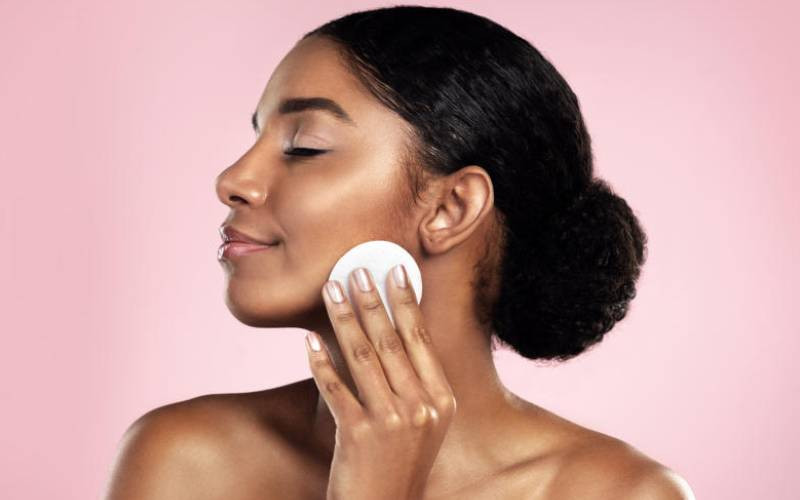
Healthy skin usually has a bright glow, no matter your natural complexion. This glow is elusive for many people and many assume that you have to be covered in layers of makeup to attain it. But if you know how, attaining and maintaining a bright complexion with a healthy glow is easy.
First, understand that dullness in your skin is often caused by dead skin cells. If you don't have a proper skincare routine to encourage fast cell turnover and exfoliate dead skin cells from the surface of your skin, your complexion can become lacklustre - which might lead to the appearance of fine lines and wrinkles.